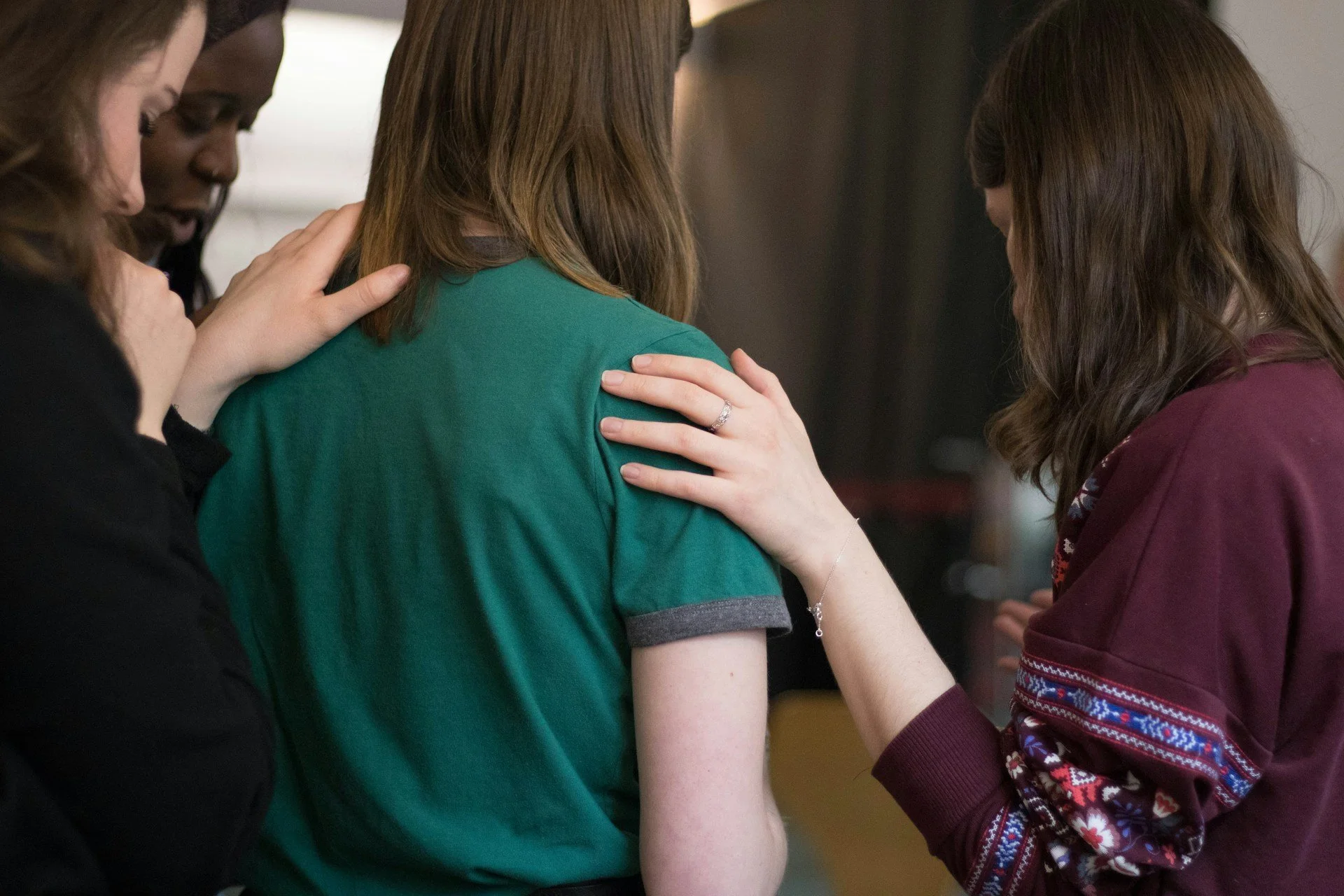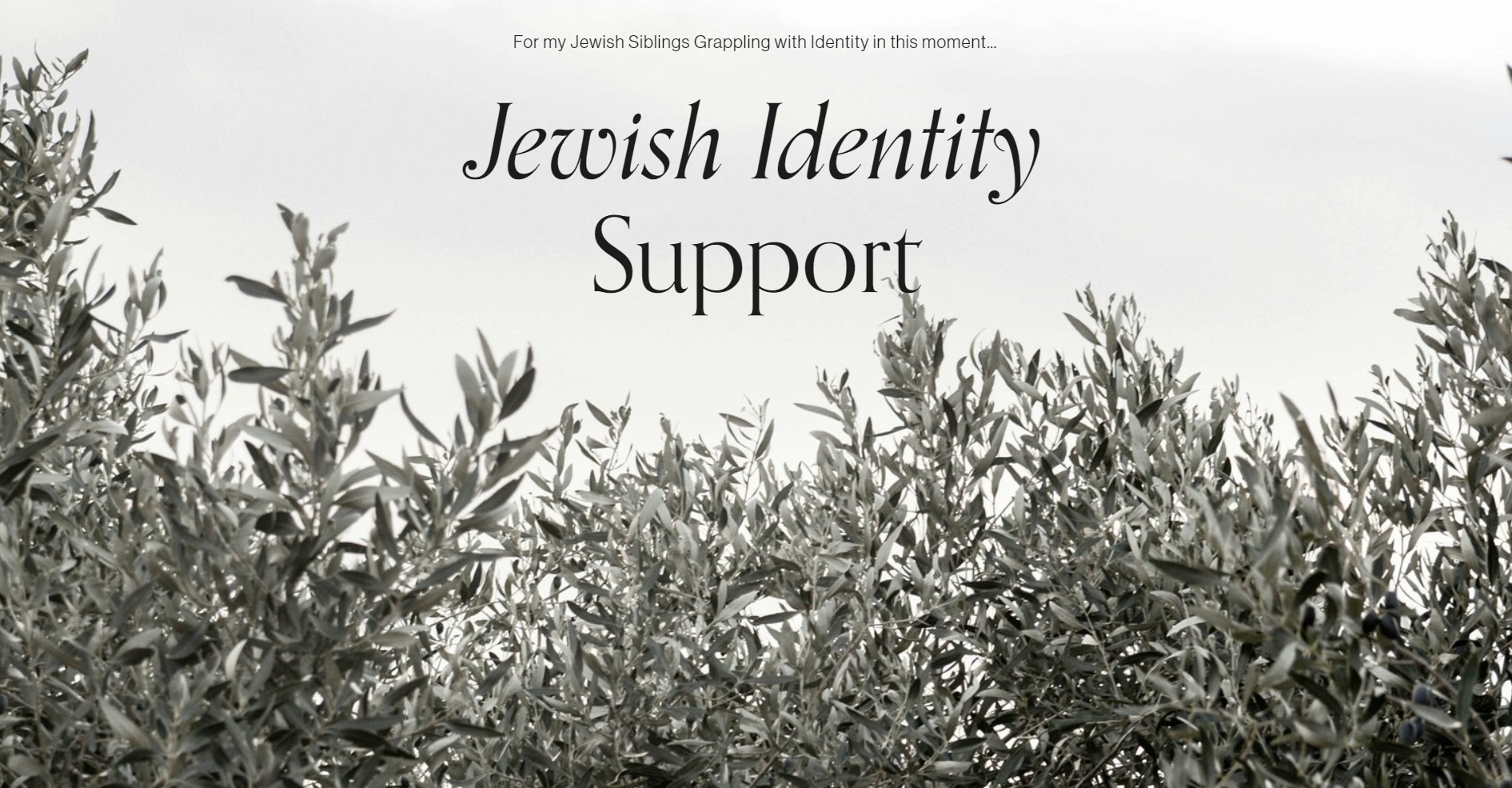On leaning into hopelessness
What if I told you it's okay to feel hopeless right now.
What we are witnessing is not only unprecedented, it is unusual and terrible.
And it is critical that we continue to see it and name it as such.
There is danger in allowing any part of this to become the next “New Normal.”
An important part of resisting the absorption of this level of violence into our “normal" is actually allowing ourselves to have our feelings– to experience those feelings and to witness each other in that pain. To do so, we must create spaces where we can move through the pain to the other side.
Because even though overwhelming feelings often come with thoughts that they are too big to handle or will consume us, the truth is that we are capable of metabolizing them and creating what is needed in this moment.
It's not normal to not be affected at all by what we are witnessing. It is normal to have a range of reactions. You may experience:
Numbing
Mood lability (intense ups and downs)
Cycles of grief
Intense feelings of guilt
Difficulty concentrating
Confusion
Loss of interest in things you usually enjoy
Hopelessness
Helplessness
Loss of sense of enjoyment
Feeling stuck or “paralyzed”
Increased irritability/ short temper
Fatigue
Sleep that isn't restful/ disrupted sleep cycles
Detachment from body
Distraction/ need for distraction
If you are experiencing any or all of these things, you are not alone. You do not have to go through this alone.
We need to prepare ourselves, prepare each other, to actually feel what our body, mind, and heart do in reaction to exposure to livestreamed historical trauma.
This morning some words came to me and I recorded them. They came through as a meditation on leaning into hopelessness. I wish to share it with you here.
If that is where you are today, set aside 30 minutes to listen. The recording is about 7 minutes long but I recommend having some time after, before going back to the rest of your day.
I fully recognize that many of us have to distance ourselves from our feelings in order to function in our day-to-day lives and that many don’t have the time or space to fall apart. If you've ever worked with me you know that I say that distraction can be one tool to help us manage intense feelings and trauma reactions. And if that is what you need today, trust yourself. I trust you.
And, if needed, reach out for support. I always recommend people in your circles first as well as local community resources but please also know that my Jewish Identity Support sessions are a good container to process this.
In solidarity,
Dr. Rebecca Cohen

